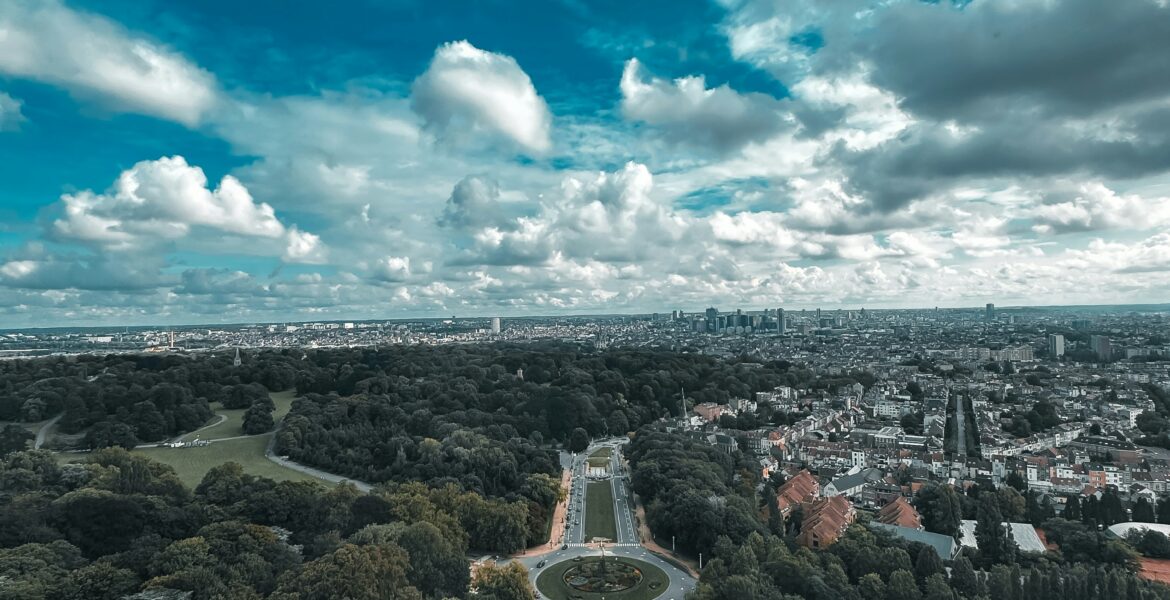Photo by Ben Morris on Unsplash
The two-year postponement of the next phase of the LEZ (the low emission zone) in Brussels is not a proposal burdened with community-based issues. I am Dutch-speaking and co-submitted the proposal. So why is it, as we say in Belgium, being played out as a community issue? asks Imane Belguenani.
Let’s go back in time. Ten years ago, Guy Vanhengel, Brussels Minister for Open Vld, was one of the architects of the introduction of the LEZ. The goal was, and still is, to improve air quality in European cities by denying access to the most polluting vehicles. There are around 200 LEZs across Europe, three of which are in Belgium: Brussels, Ghent, and Antwerp. The Brussels LEZ covers the entire Brussels-Capital Region. It was introduced during the 2014-2019 legislative term by a coalition of Open Vld, Vooruit, PS, Les Engagés, DéFI, and CD&V – without Groen (nor Ecolo). The LEZ came into effect on January 1, 2018.
Open Vld continues to support the LEZ that we introduced ourselves. Thanks in part to the LEZ, air quality has improved significantly, and we have far exceeded the targets set by Europe. We believe in a diesel-free Brussels by 2030 and a gasoline-free Brussels by 2035.
However, as in Antwerp and Ghent, this voluntarism is facing resistance from some residents of our cities and also from businesses that can’t keep up. This resistance is growing and, if you listen closely, it is often well-founded. Not everyone can switch to a new car model. Not all businesses can immediately find the resources to renew their vehicle fleet. Small independent workers with their own little vans, in particular, are struggling. Ecological progress is clashing with social and economic resistance.
We face a choice:
- We either look the other way, stay the course, and lose the support of the public for the entire air quality goal and the economic transition. Today, resistance to the LEZ serves as an excuse for populists on both the right and the left side of the political spectrum to gain votes at the expense of air quality and, ultimately, the climate.
- Or we can listen, just as they have in Antwerp or even in Ghent, where Groen also governs the city, to the legitimate concerns of residents and business owners. With a reasonable and pragmatic delay of the planned tightening of restrictions, we can secure the support needed for future ambitious policies.
That is why, in Brussels, I am adding my name to the proposal to delay the restrictions, in opposition to populism and in favor of reason. We are not rolling anything back. We remain on course to meet the EU targets. We are merely postponing the next step by one to two years.
So, the question remains: what is “community-based” about this proposal? The air quality is exactly the same, whether you speak French or Dutch. How does this postponement harm the interests of Dutch speakers in our city? I see only one answer: for years in our country, the community card has been played to mask other problems. It seems no party is immune to raising the specter of community issues. But it rarely helps. This postponement is not an attack on air quality and certainly not on Dutch speakers in the capital.
 |
The Author, Imane Belguenani, is a Member of the Brussels Parliament |




